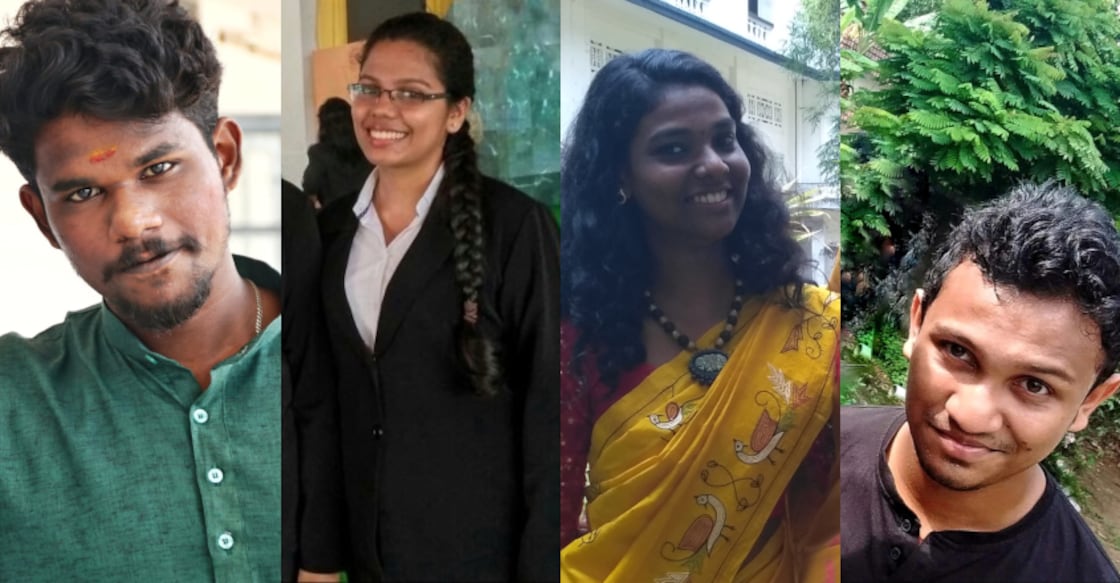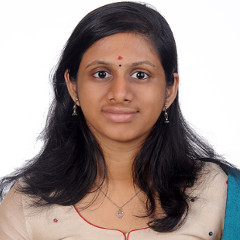How to crack NET, read on

Mail This Article
It is NET season yet again.
The National Testing Agency (NTA) will be conducting the next session of University Grants Commission–National Eligibility Test (UGC– NET) for eligibility of Assistant Professorship or Junior Research Fellowship (JRF) or both from June 20 to 28 in 84 subjects at various centres spread across the country.
The three-hour tests will be conducted only in computer-based mode and will consist of two papers. First paper carries 50 questions and a maximum score of 100, while the second paper consists of 100 questions and a maximum score of 200.
The examination will be conducted in two shifts.
The Council of Scientific & Industrial Research (CSIR) has, meanwhile, scheduled the CSIR UGC– NET tentatively on Sunday, June 16, for determining the eligibility of Indian nationals for the award of Junior Research Fellowships (JRF) and for determining eligibility for appointment as Lecturer (LS) in the areas of Chemical Sciences, Earth, Atmospheric, Ocean and Planetary Sciences, Life Sciences, Mathematical Sciences, Physical Sciences.
Here are a few tips from the candidates who cleared the examinations with grace.
Strategise and learn
Rose Mary Jose, who secured JRF in English says that when you are very thorough with the prescribed syllabus of Paper II you can strategise and learn better for Paper I. She is of the opinion that Paper I is a sure-shot one and efforts you take will definitely reflect there. She advises all NET aspirants to prepare a strategy according to one’s abilities for attempting the questions in such a way that you can avoid those questions that will comparatively consume more time and concentrate on other questions. If time permits one may come back to such questions later.

Since the examination is now computer-based it is easy to navigate towards desired questions. She adds that Paper I has a predefined pattern unlike Paper II and one who works out previous years question papers may guess right the kind of questions for it.
Rose is currently a student of St.Joseph College of Teacher Education, Ernakulam.
Hard work
Arun V S, a student of MSc Meteorology at Cochin University of Science and Technology, lakeside Campus, who cracked the CSIR-NET stresses on the importance of hard work and faith. He suggests a through analysis of old question papers and getting an idea of the areas from which questions are often asked. According to him, preperations needs to be done by laying more stress on those areas from which the questions are repeated. He reminds the aspirants that it is not about studying a lot but it is what you study actually matters. For Arun, Persistence is the one word answer to the question how you can crack the NET.

Focus on syllabus
Varuna C V, a student of Maharaja’s College, Ernakulam, who cracked the NET examination in the field of English talks about the focus one needs to have while preparing for Paper II. The basic idea is to cultivate a clear idea about the syllabus.

The second paper demands an in-depth study, she says.
If you are preparing for English and considering a novel, you should understand the background as well as create a general view of the theme. In case of literature, it is very important to know various periods in to which the works are classified in to such as the Victorian Age, Romantic Age etc and have an idea of major works of these periods, along with the soocio-political backgrounds of the particular periods.
Self-learning and practice
Karun Pradeep, who completed his Masters in Commerce from Sacred Heart College, Thevara, and cracked the NET examination twice, says that it is always better to learn on your own. He believes that only preparation from your own part can facilitate a learning and understanding process that suits your skills. In Karun’s opinion if one prepares his or her own notes that will be the best tool which can aid you through a last-minute revision. Such a preparation technique, he assures the aspirants, will help in easy recollection of answers.

There are numerous books available in the market that is specially prepared to help students preparing for the NET. Though it might contain all the prescribed subject in the syllabus, Karun is doubtful about their effectiveness. He comes up with a better strategy. He reminds that the questions are usually asked from those ideas and concepts that one handles up to their post-graduate classes. Giving an example from a Commerce students perspective, he adds that if you are preparing for Accountancy exam refer to all your all old books from which you learnt the subject till date instead of opting for a single-point solution that can only supply limited knowledge.
While preparing for Paper I he recommends attempting at least 50 questions of each type prior to the examination. Only then one will be able to easily identify the technique of solving a problem with ease he adds. That will surely help in saving a lot of time.
Be stress-free
Karun advises the candidates not to worry about passing the examination. Such thoughts have high potential of negatively affecting the results.
Never ever think of this examination as end of the world, he says.
In his opinion developing an optimistic attitude has much to do with easy cracking of any examination.
Getting a good sleep also counts. Karun’s advice to every candidate who will be giving their NET examination in June is to get a proper sleep on the day before their examination. Especially as the examination is now computer-based the light from the computer will strain your eyes and may make you sleepy. This is even more important in case of Paper I where you need to continuously look at the screen for solving questions like Prose Comprehension, Logical Reasoning or Data Interpretation. Only a good sleep can assure you better performance.
Wishing all the NET aspirants the very best.


